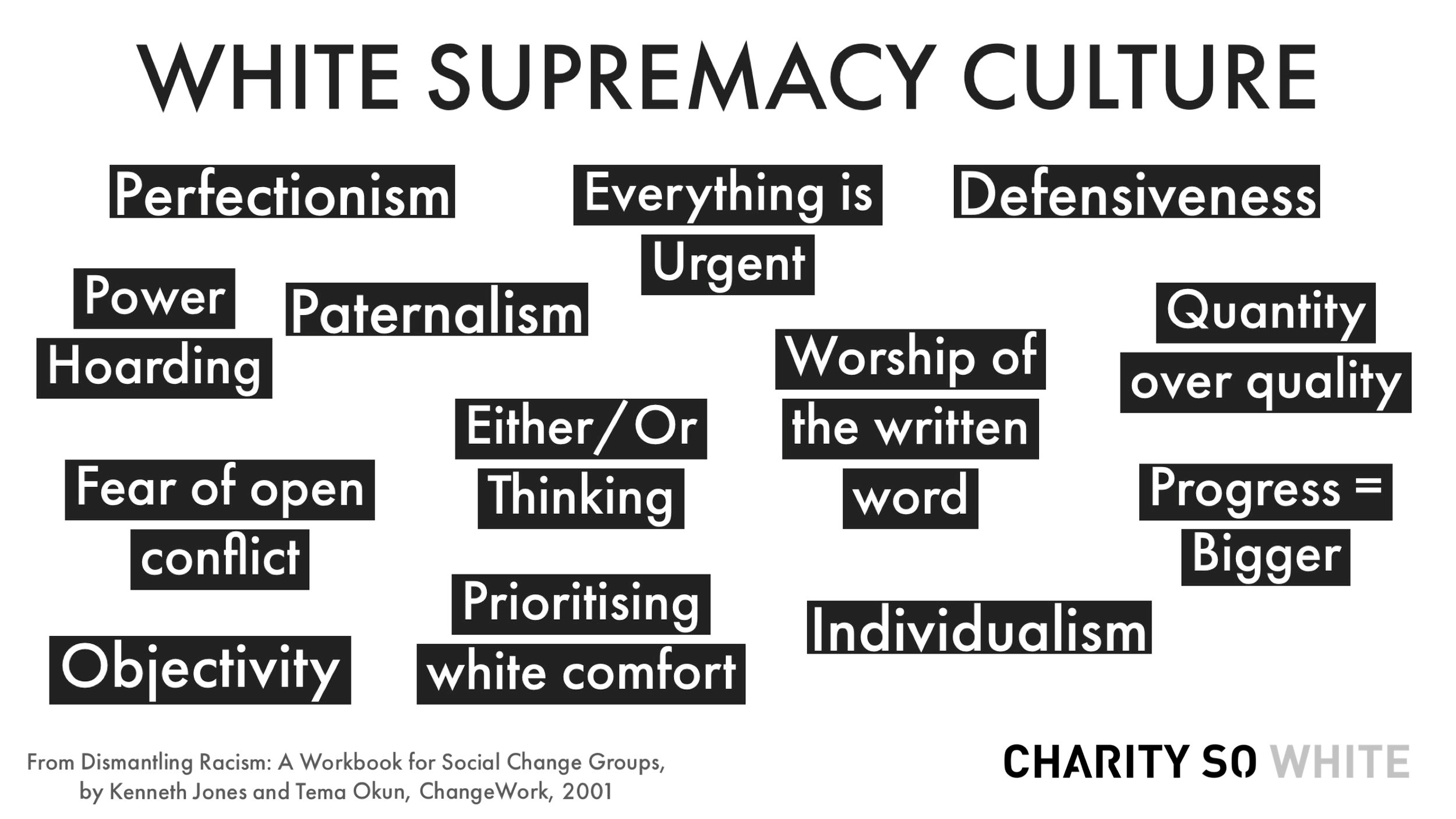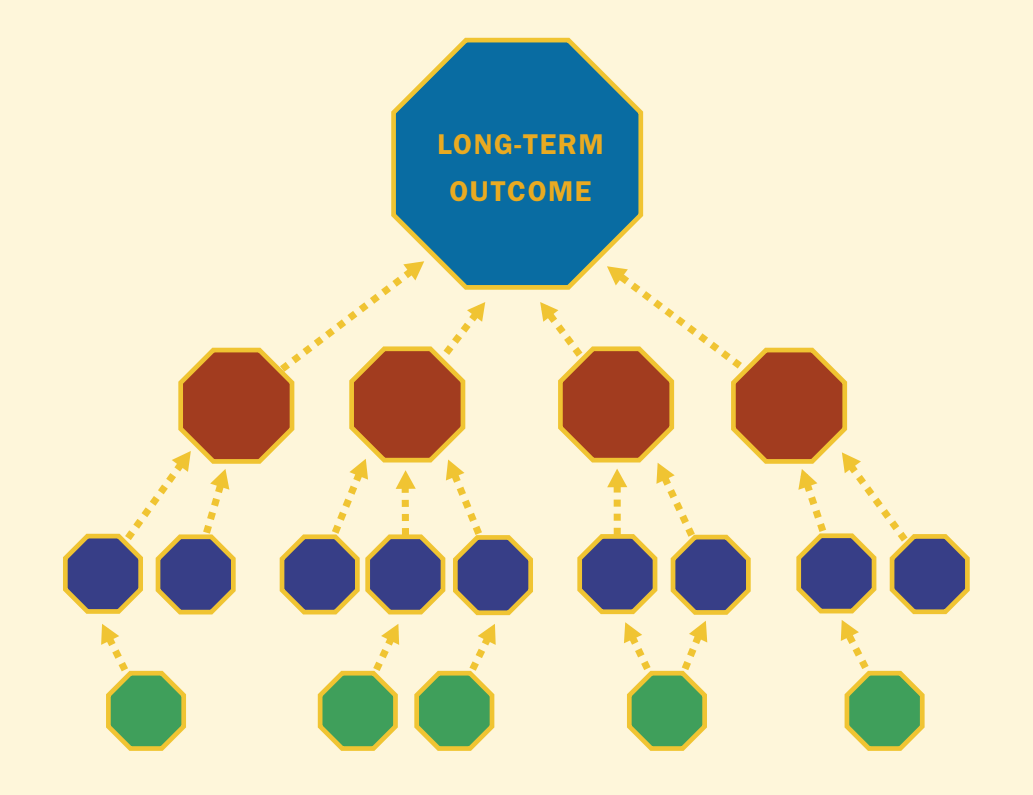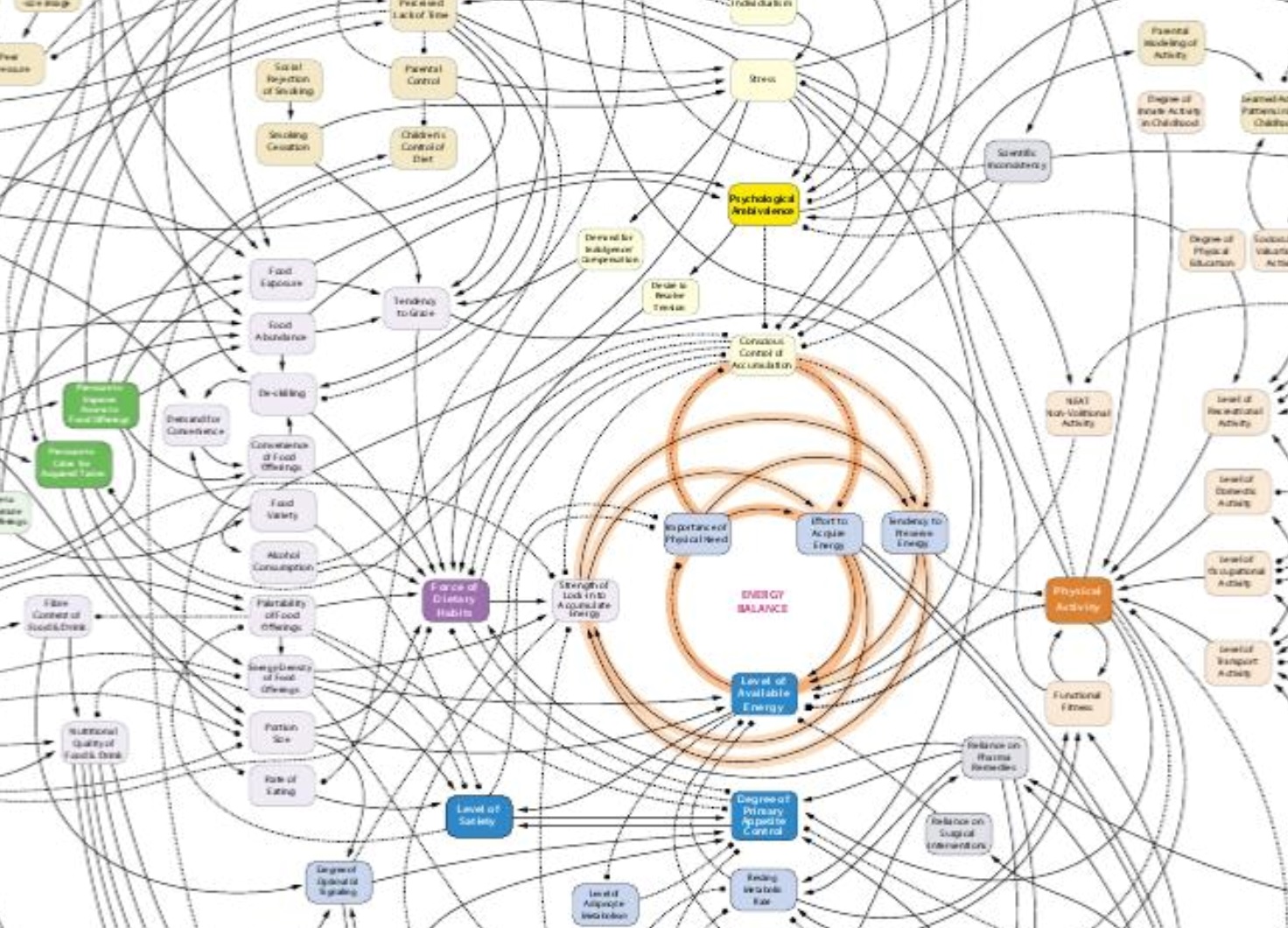Silva Ferretti is a freelance consultant with extensive international experience in both development and humanitarian work. She has been working with diverse organizations, committees, networks and consortia (e.g. Agire, ActionAid, CDAC, DEC, ECB project, Handicap International, HAP, Plan International, Save the Children, SPHERE, Unicef, WorldVision amongst many others).
Her work is mainly focused on looking at the quality of programs and on improving their accountability and responsiveness to the needs, capacities and aspirations of the affected populations.
Her work has included impact evaluations / documentation of programs; set up of toolkits, methodologies, standards, frameworks and guidelines; coaching, training and facilitation; field research and assessments.
Within all her work Silva emphasizes participatory approaches and learning. She has a solid academic background, and also collaborated with academic and research institutions in short workshops on a broad range of topics (including: innovations in impact evaluation, Disaster Risk Management, participatory methodologies, protection, communication with affected populations).
She emphasizes innovation in her work, such as the use of visuals and videos in gathering and presenting information.





Italy
Silva Ferretti
Freelance consultant
Posted on 24/10/2025
I would push the bar even higher. Should we really be talking about communicating findings—or about co-generating them? In most evaluations, the richest learning happens not through reports or presentations, but in the moments spent with primary stakeholders: debating, reflecting, and exchanging perspectives.
It’s less about designing perfect communication plans and more about being alert and opportunistic—recognizing when a conversation, observation, or joint reflection becomes a genuine learning space worth seizing. Those moments are where understanding deepens and ownership grows.
We often assume that communication happens through formal products, but the people who can truly drive change are usually not the ones reading reports. They are the ones living the realities we’re trying to understand. That’s where communication—and learning—need to start and stay.